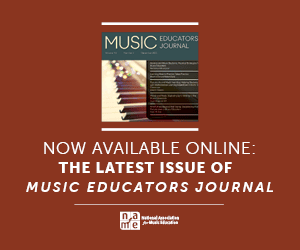/ News Posts / Guitar Class in the Ocean State
Guitar Class in the Ocean State
Reaching More Students with Music Education
By Thomas Amoriello Jr.
NAfME Council for Guitar Education Chair
Virginia “Vicki” Boyle is the Arts and Applied Arts Department Chair and Guitar Teacher at Mt. Hope High School in Bristol, Rhode Island. Her story is a fine example of what can happen when you reach more of the student population by incorporating the guitar into your school music program. Vicki has raised the status of guitar education in NAfME’s Eastern Division by having her ensembles perform at state music conferences and her students participate in Rhode Island Music Education Association All-State Guitar ensembles. Thank you, Ms. Boyle, for your dedication to students and music education.
Please tell us about your school and overall music program.
Mt. Hope High School is a regional high school consisting of students from grades 9-12 in Bristol and Warren, Rhode Island, serving approximately 900 students. We have a comprehensive music program consisting of Symphonic Band, Concert Band, Marching Band, Jazz Band, Vocal Ensemble, Chorus, Jazz Choir, Music Theory, AP Music Theory, Digital Audio Recording, Guitar I, Guitar II, Guitar Ensemble, and Advanced Guitar Ensemble.
Please tell us about your own personal musical background growing up and your collegiate experience.
I’ve been teaching music for more than 30 years, primarily as a choral director, but more recently as a guitar teacher. I was a vocal major and studied music education at Westfield State University, graduating with a BA in Music Education in 1980. I also received a MMED from Rhode Island College. I taught at New Bedford High School in Massachusetts, The Dwight School in New York, NY, and the Lincoln School in Providence, RI, before arriving at Mt. Hope High School in 1995, where I have taught chorus and guitar for the past 22 years. For the past two years, I have been teaching solely guitar.
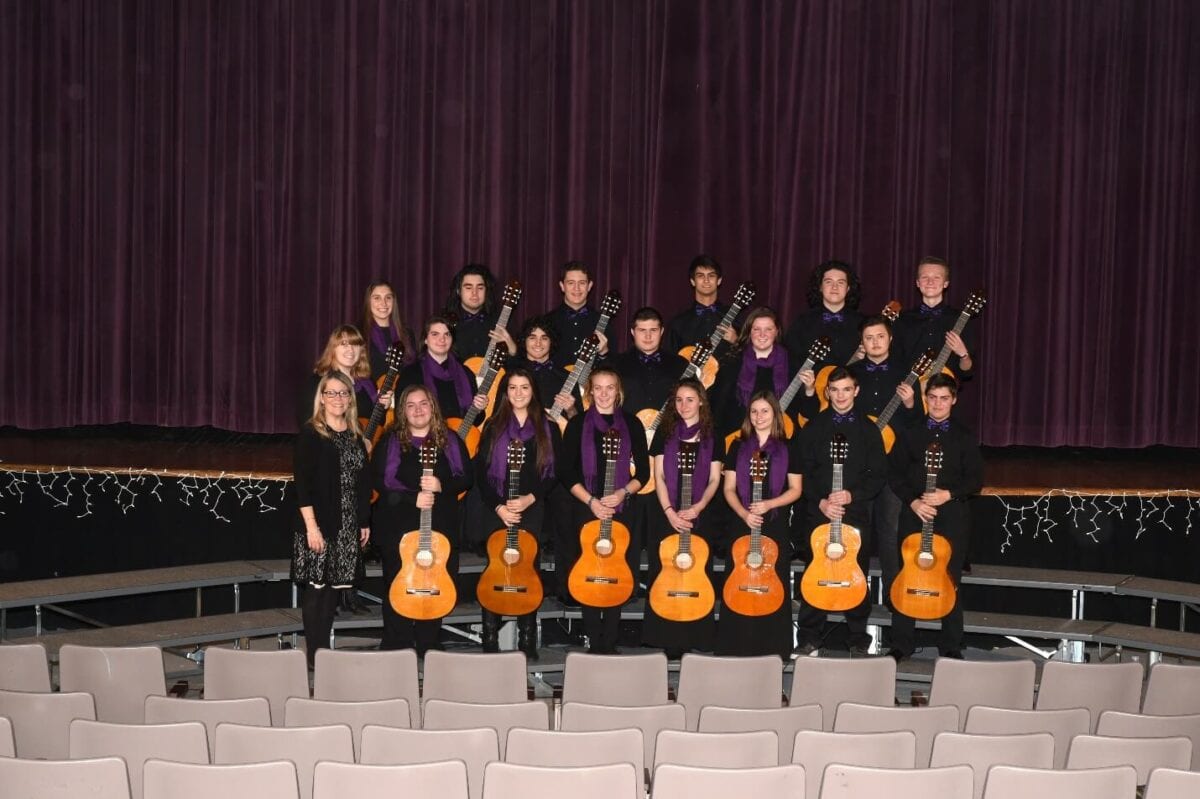
How do the guitar family instruments fit into your teaching?
I began a classical guitar program at Mt. Hope High School in 1997. We have four levels of guitar classes and two performance ensembles. More than 100 students participate in the program annually.
What obstacles did you face when you were first hired at your school?
I was hired as a 3/5’s music teacher, teaching music appreciation, music theory, and chorus. I developed the classical guitar classes to enhance my own schedule and to bring guitar education to our school. The obstacle was being in a part-time position—but over the course of three years, the guitar program grew.
As I began the guitar program, getting suitable instruments was also a bit of an obstacle. For our very first Guitar I class, we had every sort of guitar imaginable in varying degrees of disrepair. As the program grew, we were able to purchase guitars. We currently have a set of 50 classical Yamaha guitars and cases, and accessories to support two classes running simultaneously.
What kind of classes related to the guitar do you teach?
Guitar I, Guitar II, Guitar Ensemble, and Advanced Guitar Ensemble.
What would you like to say to the non-guitarist music educator who is about to or interested in incorporating the guitar into their program?
Do it! When I began my program, I played mostly folk guitar, and a little classical, but I quickly learned what I needed to do to build a four-year program. I participated in two levels of NAfME Teaching Guitar Workshops, took lessons, learned as much as I could about classical guitar and worked with local college students who were classical guitarists to help develop our program. I discovered a four-year program, culminating in a performance ensemble in the junior and senior years, kept the students coming back year after year, sustaining the program. Our guitar ensembles travel with the bands and choruses and perform throughout New England as well as in New York, Washington, D.C., and Florida.
There is a school of thought that only “real” players who have been classically trained for years and years should teach classical guitar. I disagree. With the right resources and a “first, do no harm” mentality, I believe music educators who are passionate about teaching guitar should do so. I highly recommend the NAfME Teaching Guitar Workshops. Through them I developed our program. Hundreds of students have learned to play guitar at Mt. Hope High School; some have gone on to student guitar at college. They have all developed a life-long skill to enjoy for years to come.
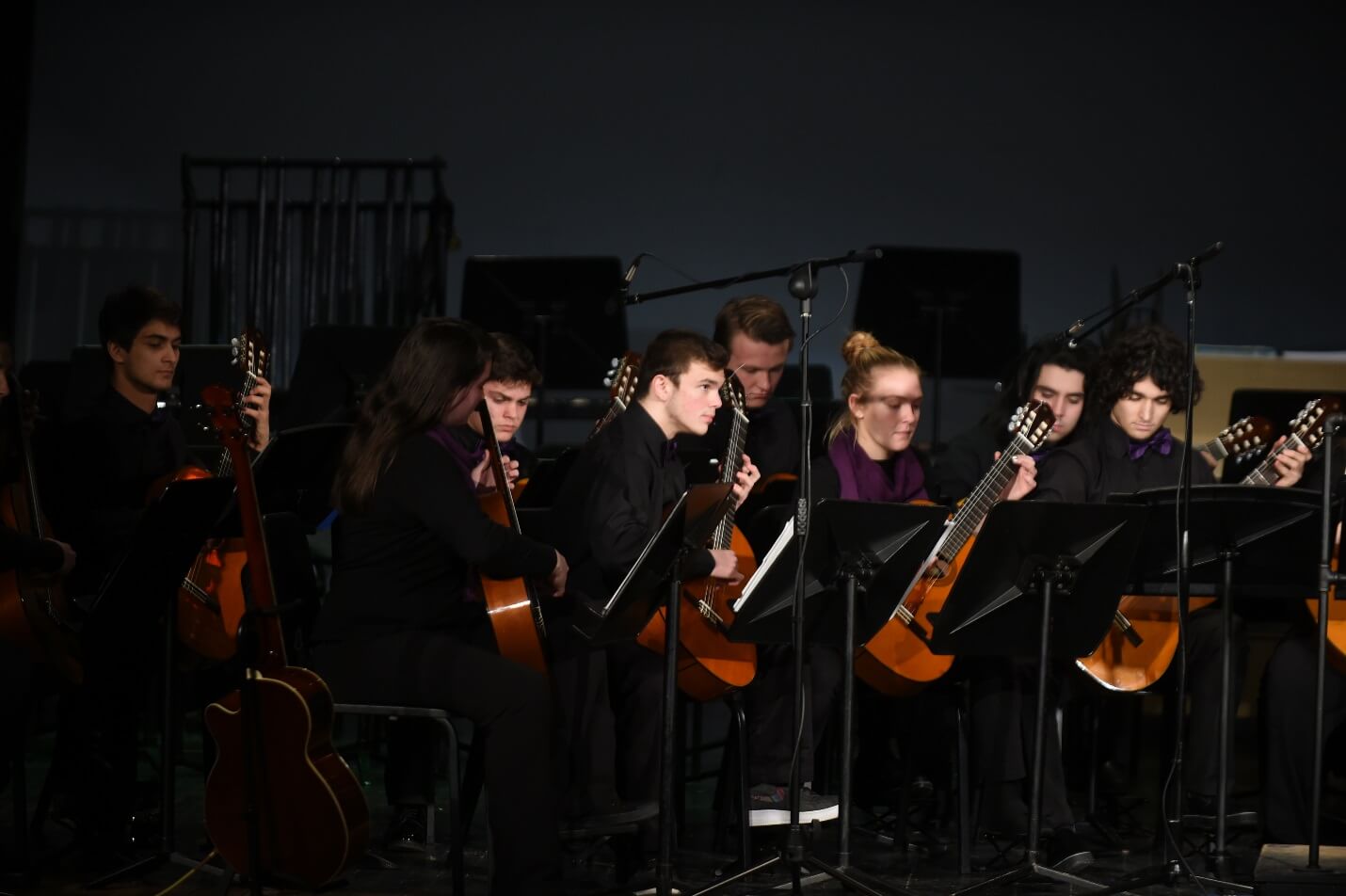
Do you have any success stories you would like to share about students (musical and non-musical)?
When the program began, it became obvious we were attracting students outside of the typical choral and band population. We were reaching a whole other group of kids. That alone gave us reason to continue. However, we also quickly began to see a certain group of at-risk students with a reason to come to school every day. Guitar gave several struggling students something to look forward to on a daily basis. At graduation one year, I had particularly proud moment as one young man received his diploma. Many of us doubted if he were going to make it to graduation. He was an amazing guitarist, and although he struggled academically, he made great strides in his senior year. His guidance counselor sitting next to me turned and said, “If it hadn’t been for your guitar class, he never would have made it.”
Guitar gave several struggling students something to look forward to on a daily basis.
The second success story is the musicianship our students have gained through learning to play guitar. Four years ago, the Rhode Island Music Education Association (RIMEA) added “All-State Guitar” to our series of state music festivals. Auditioning for and participating in the RIMEA All-State Guitar festival has raised the bar for many of our students. Their growth as musicians has been phenomenal! The experiences they have brought back to the classroom has helped our program continue to grow. This year we had seven students from Mt. Hope make All-State!
A few years ago, the Mt. Hope Guitar Ensemble was invited to perform at the Massachusetts Music Educators Association Conference in Boston—another particularly proud moment.
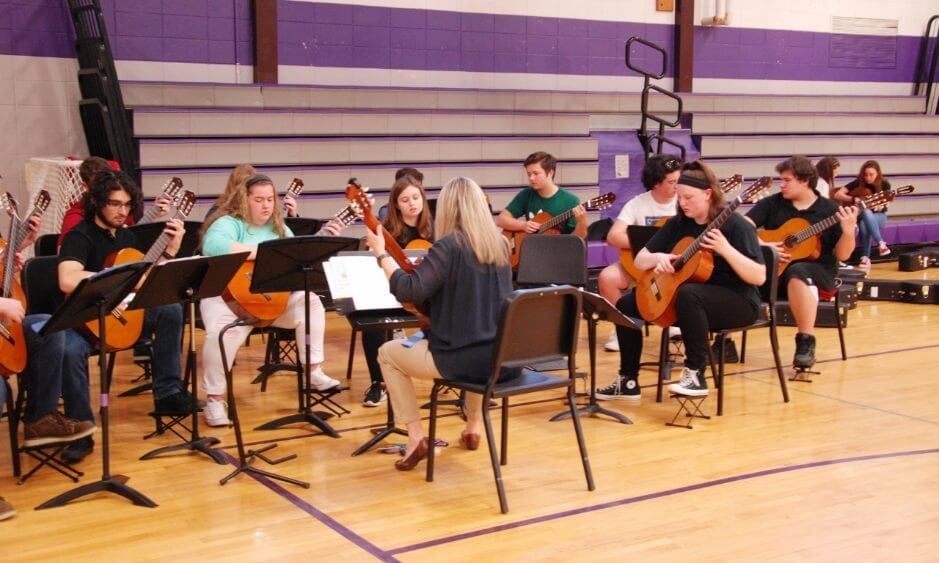
What do you tell your talented students who are planning to pursue music or guitar studies in high school or college after they finish with you?
We have worked closely with guitar educators at the collegiate level at Rhode Island College and the University of Rhode Island. Several student teachers and guitar professors from both schools have worked with our guitarists, or given master classes at Mt. Hope, and our students have participated in many of their high school music events. I strongly encourage our students to continue on as music majors, focusing in classical guitar.
Do you have any networking or advocacy tools that have worked for you in promoting your program that would help other educators?
As I mentioned, working with local colleges and the state music education association helps tremendously! A huge resource has been many of the guitar major student teachers who have been sent here because of the guitar program. Both my students and I have benefited from their expertise, particularly when it comes to classical technique. In addition, treating the guitar ensemble as any other ensemble such as band or chorus has helped grow the program. The guitar ensembles are revered throughout our towns and in our school.
What kind of future do you see for guitar in music education in the Rhode Island school system?
I see only growth! The addition of All-State Guitar has helped tremendously, but I also see a growing trend in guitar education throughout New England.
What type of arrangements and/or transcribing have you done for your school performances?
For the beginning groups, I enjoy using the Class Guitar Resources, Hands-On Training ensemble series by Nancy Marsters. I also enjoy the Paul Gerrits—Music for Three or Four Guitars series. The guitar ensemble arrangements on Andrew Forrest’s website are also perfect for intermediate high school ensembles.
Do you take part in any musical performances or activities outside of your public school teaching duties?
Yes, I teach guitar for Community String Project, a non-profit community program, and I often sing in church and community choirs.
About the author:
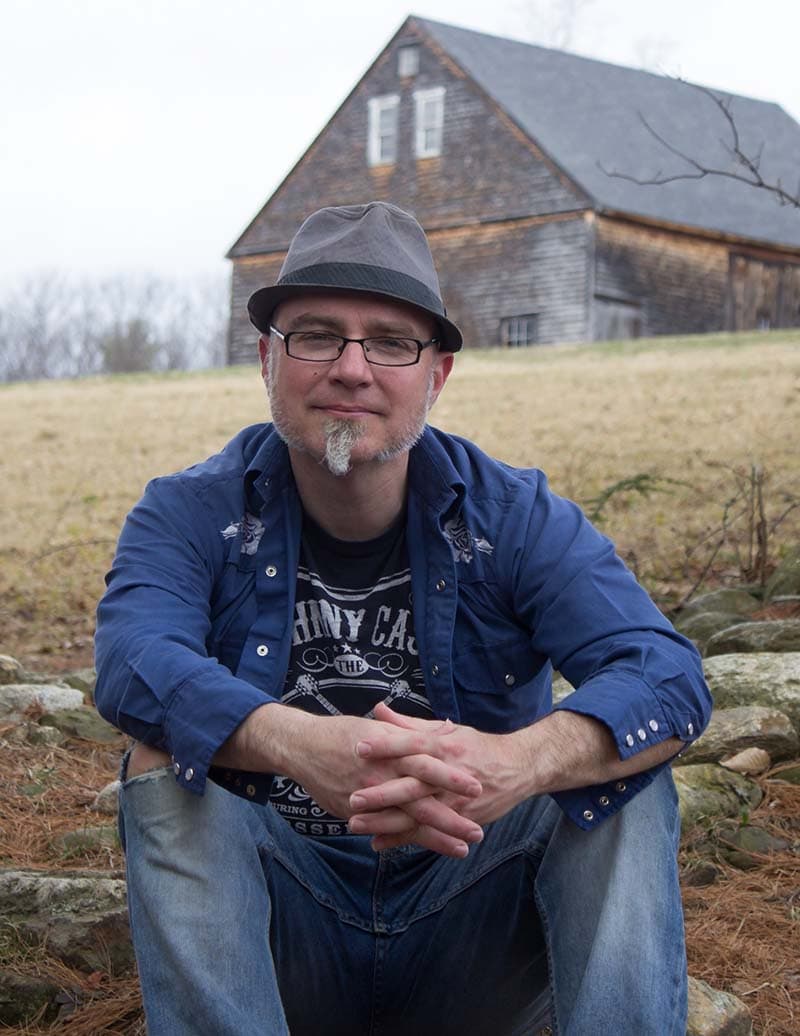 Thomas Amoriello is the NAfME Council for Guitar Education Chair and also serves as the Guitar Education Chairperson for the New Jersey Music Education Association. He teaches guitar for the Flemington Raritan School District and Hunterdon Academy of the Arts. Tom graduated from Shenandoah Conservatory with a Master of Music Degree in Classical Guitar Performance. He is the author of the children’s picture books; A Journey to Guitarland with Maestro Armadillo & Ukulele Sam Strums in the Sand, both available from Black Rose Writing. He recently made two vinyl record releases on the H42 Records label of Hamburg, Germany featuring former members of Black Sabbath, Whitesnake, Dio, Ozzy Osbourne, Yngwie J. Malmsteen’s Rising Force and more.
Thomas Amoriello is the NAfME Council for Guitar Education Chair and also serves as the Guitar Education Chairperson for the New Jersey Music Education Association. He teaches guitar for the Flemington Raritan School District and Hunterdon Academy of the Arts. Tom graduated from Shenandoah Conservatory with a Master of Music Degree in Classical Guitar Performance. He is the author of the children’s picture books; A Journey to Guitarland with Maestro Armadillo & Ukulele Sam Strums in the Sand, both available from Black Rose Writing. He recently made two vinyl record releases on the H42 Records label of Hamburg, Germany featuring former members of Black Sabbath, Whitesnake, Dio, Ozzy Osbourne, Yngwie J. Malmsteen’s Rising Force and more.
Published Date
July 9, 2018
Category
- Ensembles
Copyright
July 9, 2018. © National Association for Music Education (NAfME.org)


